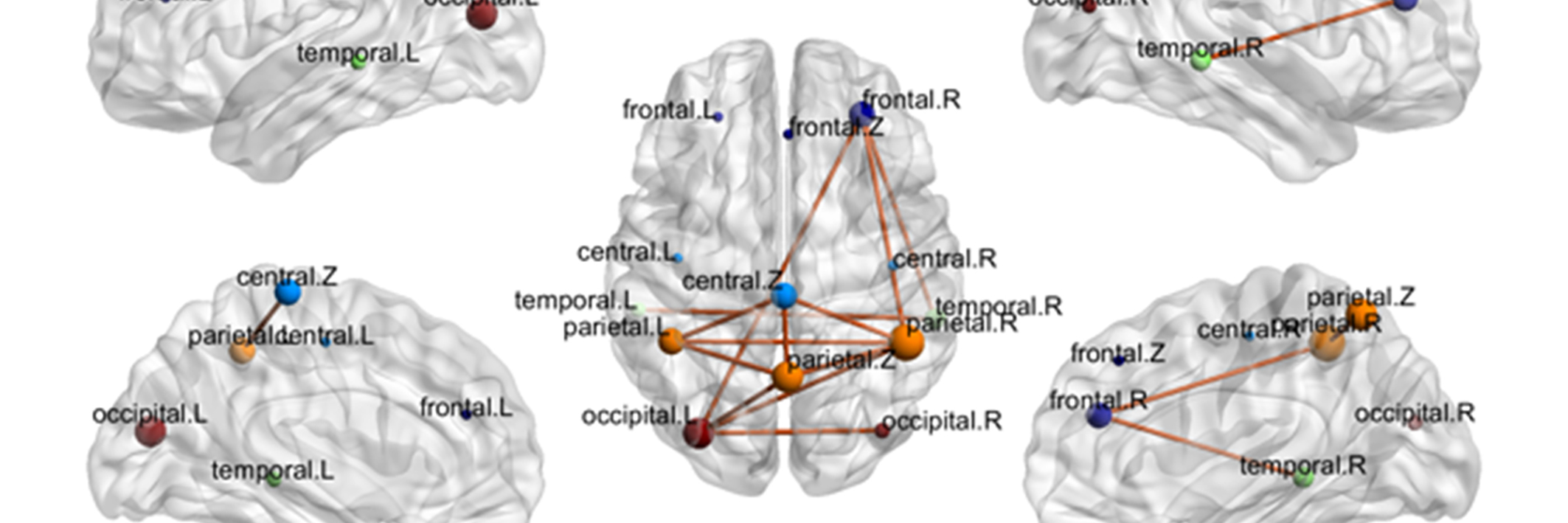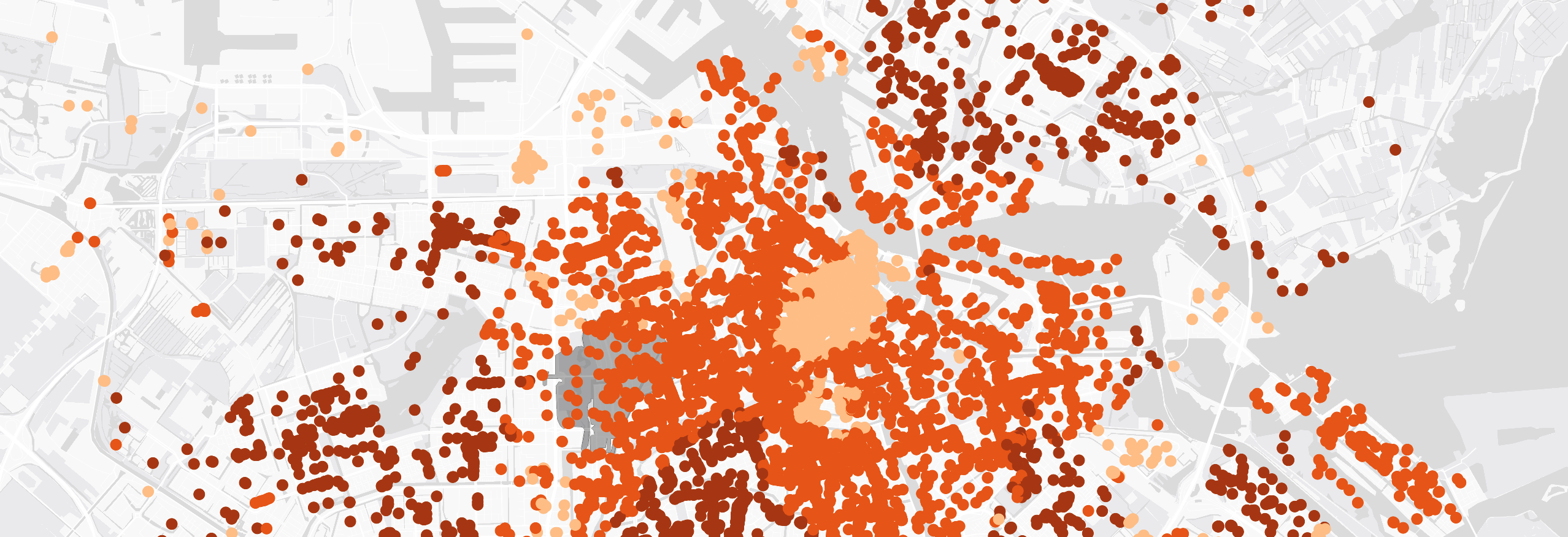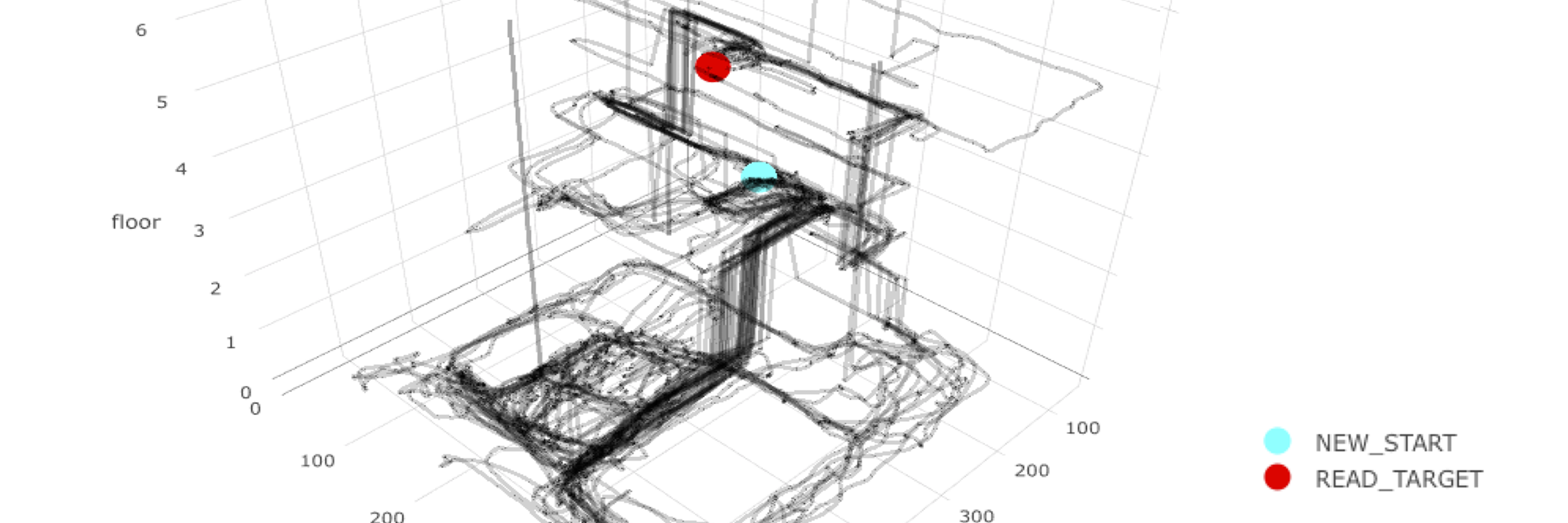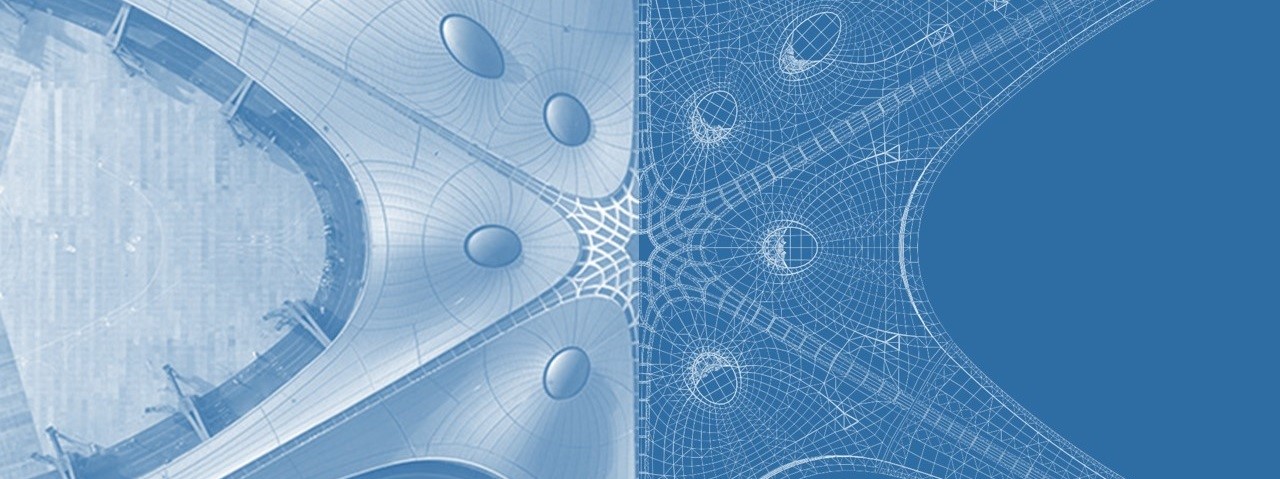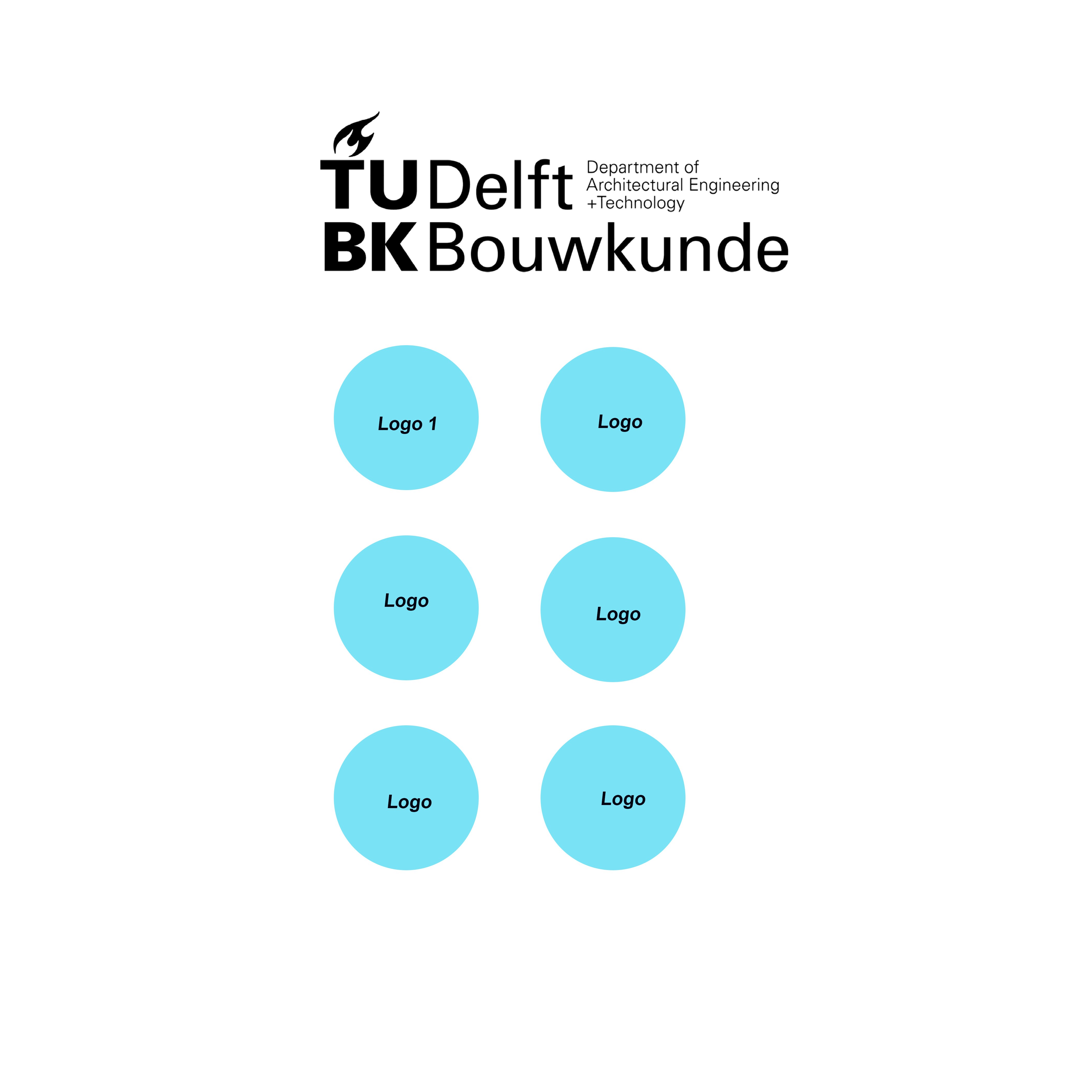[minor updates may still occur]
| Wed 5 July h. 12.45 - TU Delft BK Orange Hall - KEYNOTE OPEN TO ALL | |
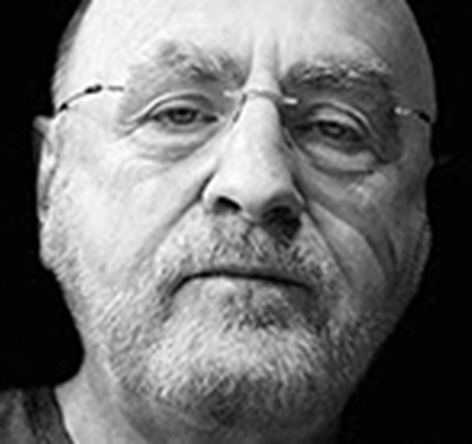 |
|
|
JOHN GERO - Architecture and Computer Science, University of North Carolina at Charlotte, USA John Gero is a Research Professor in Architecture and Computer Science at UNCC; previously, Professor of Design Science and Director the Key Centre of Design Computing and Cognition, University of Sydney. He is the author/co-author of 56 books and over 800 published research papers and book chapters, with over 28,000 citations. He has been a visiting professor of architecture, artificial intelligence, civil engineering, cognitive science, computer science, design and computation, and mechanical engineering at MIT, CMU, Columbia, UC–Berkeley, UCLA, INSA-Lyon, University of Provence and Strathclyde University. The Designing Brain This talk will present recent advances in the studying the brains of designers. It will introduce new knowledge from studying a range of designers under various design conditions to begin to elucidate the neurocognition of designing. Examples of results from studying the effects of designer’s domain, use of thinking tools, use of digital visual representation media on brain responses, will be presented. The talk concludes with a demonstration of how this new knowledge can be used in innovative ways. |
|
| Wednesday 5 July h. 19.00 - TU Delft BK Orange Hall - KEYNOTE OPEN TO ALL | |
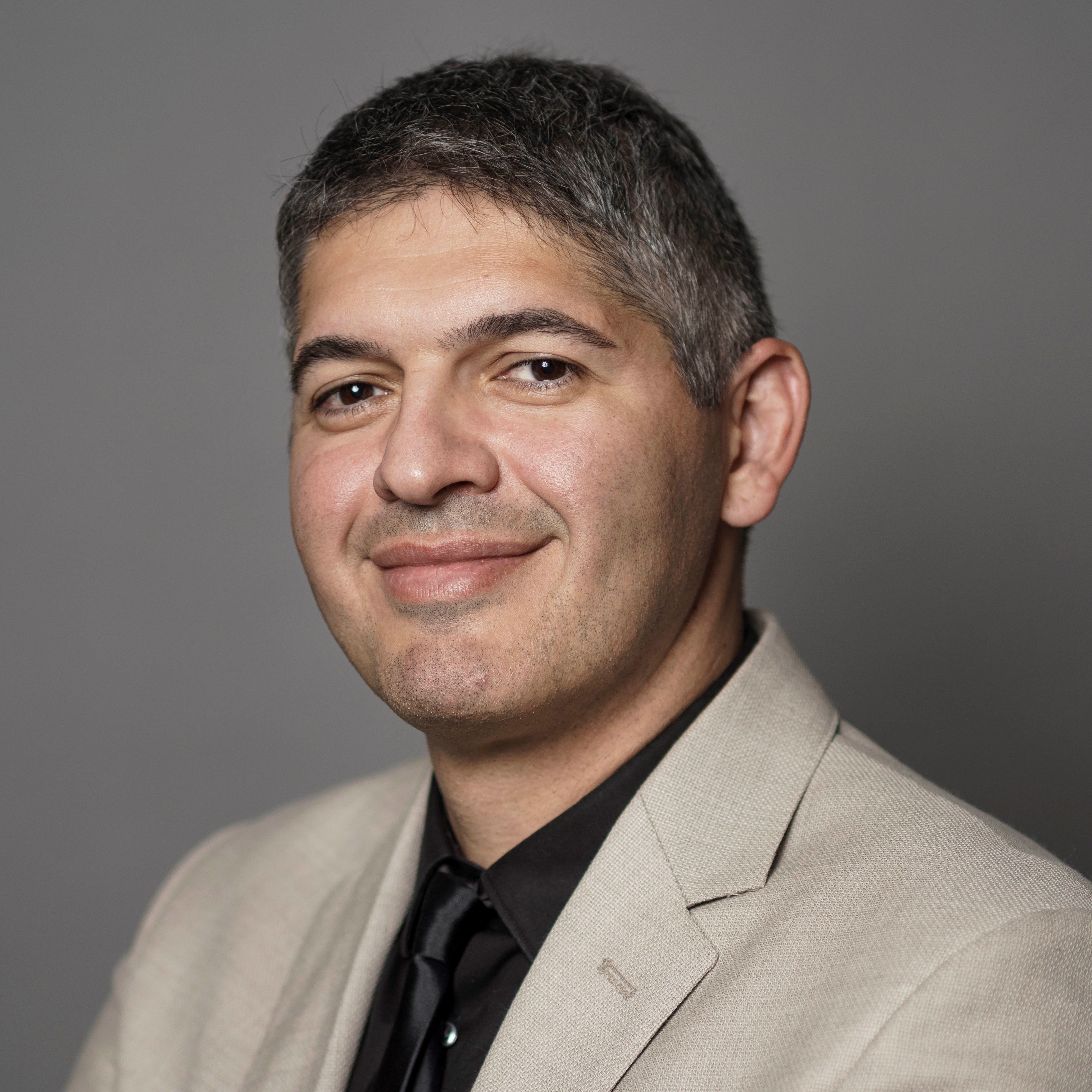 |
|
|
ALESSANDRO BOZZON - Industrial Design and Engineering Delft University of Technology Alessandro Bozzon is Professor of Human-Centered Artificial Intelligence in the Knowledge and Intelligence Design group, Department of Sustainable Design Engineering of the Faculty of Industrial Design Engineering; and a part-time professor in Web Information Systems group, Department of Software Technology of the Faculty of Electrical Engineering, Mathematics, and Computer Science of Delft University of Technology. As of November 2020, he serves as Head of the Department of Sustainable Design Engineering. He is Principal Investigator of Urban Data and Intelligence at the Amsterdam Institute for Advanced Metropolitan Solutions. His research lies at the intersection of human-computer interaction and machine learning. With his team, he develops methods and tools that support the design, development, control, and operation of AI-enabled systems well-situated around actual human characteristics, values, intentions, and behaviours. Human-Centered Artificial Intelligence Data is increasingly abundant, and there seems to be no limit to what AI technology can achieve. But what roles do humans have in this brave new world of data and automation? How can we ensure that human needs and experiences remain at the heart of the built environment? This talk will highlight some key issues that emerge from a purely technical conceptualization of data-driven and AI-powered methods. We will show how human-centered approaches can surface conceptual and practical limitations of commonly used metrics (e.g. accessibility) but also enable new techniques for the measurement across large spatial extents of subjective properties such as safety and attractiveness. We will argue that design research, design methodologies, and human-computer interaction are key disciplines that can help fully unlock the potential of data and AI for understanding the current and future built environment. |
|
| Friday 7 July h. 12.45 - TU Delft BK Orange Hall - KEYNOTE OPEN TO ALL | |
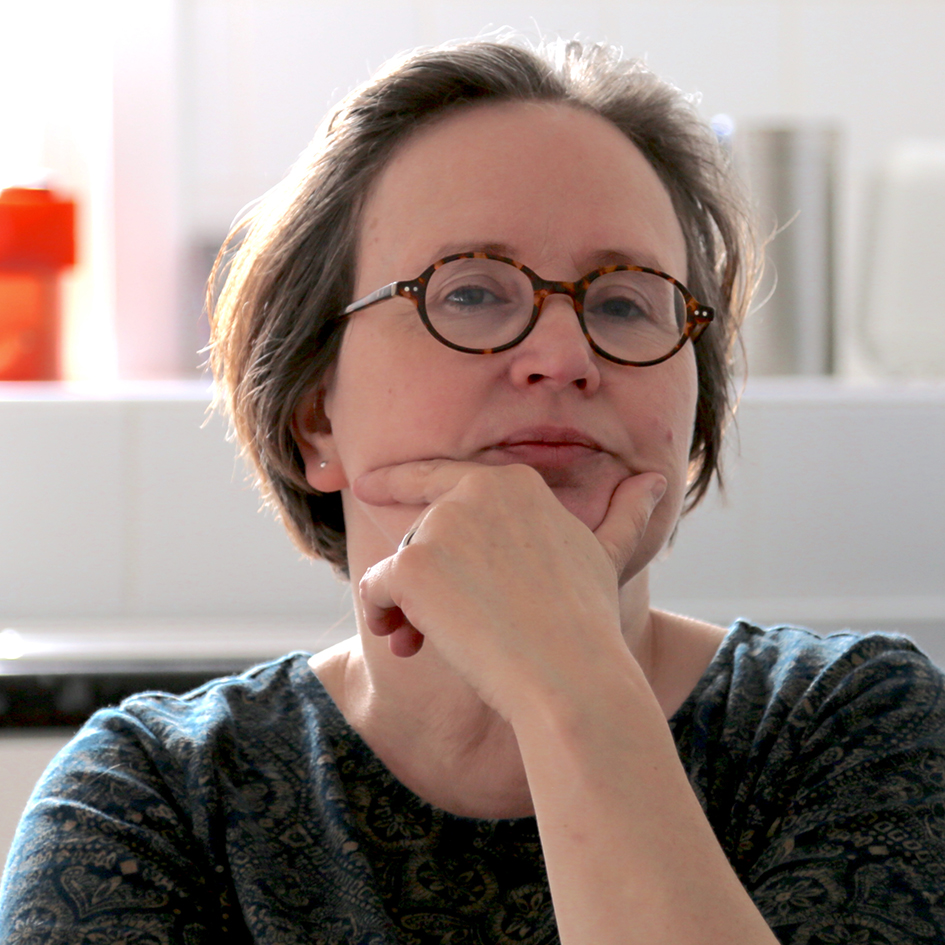 |
|
|
RUTH CONROY DALTON - Northumbria University, UK Ruth Conroy Dalton is a British architect, author and Professor of Architecture at Northumbria University. She has authored or contributed to more than 200 publications. She is a world-leading authority on the overlap between architecture and spatial cognition. As a licensed architect, she has worked for Foster and Partners and Sheppard Robson Architects and key projects upon which she has worked include the Carré d'Art de Nîmes, in France and the Palacio de Congresos de Valencia, in Spain. She has taught at the Architectural Association, Georgia Institute of Technology, the Bartlett School of Architecture, UCL and Lancaster University. Cognitive science, architecture, and digital tech In this keynote, Prof. Dalton (licensed architect) discusses her collaborative research with Prof. Hölscher (cognitive scientist) at the intersection of cognitive science, architecture, and digital tech. Together, they explore spatial cognition and perception at urban and architectural scales, revolutionizing our understanding of human-environment interactions. Integrating digital tools like VR, they reveal how spatial arrangements and cues shape behaviour. Their immersive experiments shed light on the interplay between cognition and architectural design. Their work deepens understanding and sparks innovation in architecture and urban planning. Join us as we embark on this transformative journey into their ground-breaking collaboration. |
|
| Friday 7 July h. 17.30 - KEYNOTE OPEN TO ALL | |
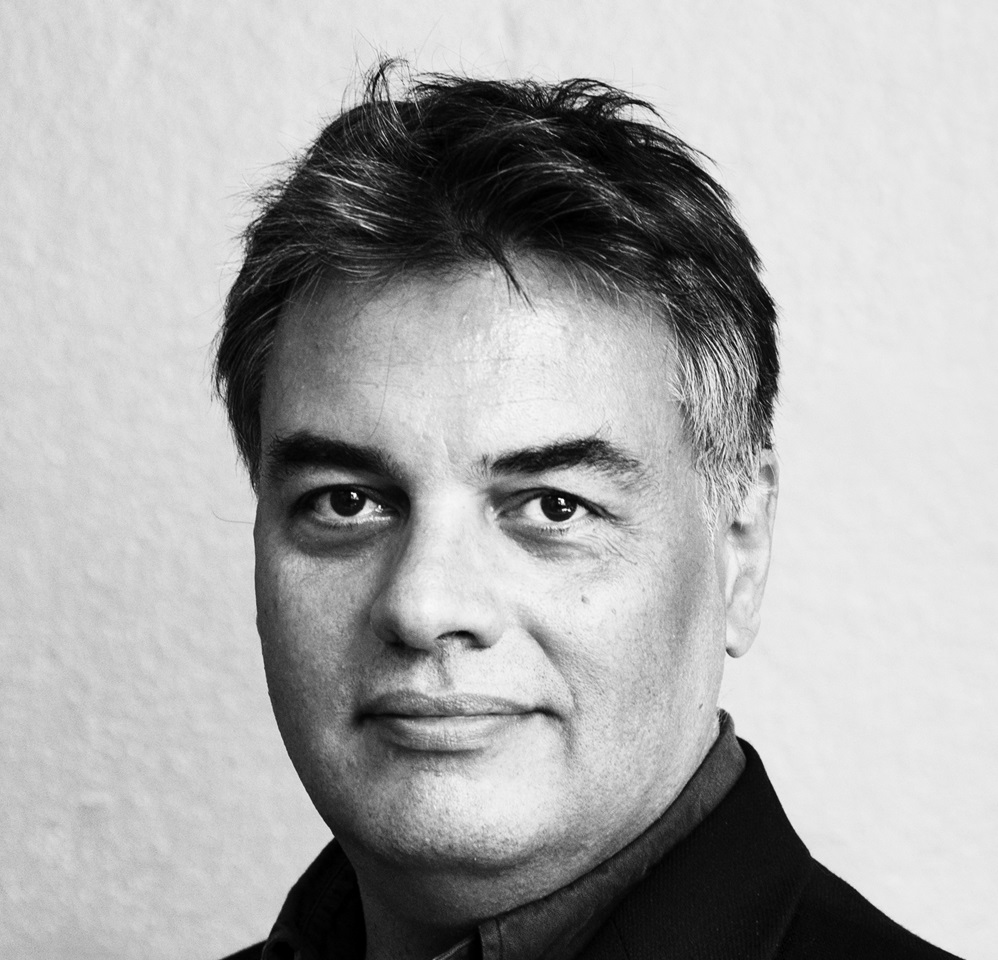 |
|
|
CRISTIANO CECCATO - Director at Zaha Hadid Architects Cristiano Ceccato is multidisciplinary architect, planner, and computer scientist. Spanning a 25-year career, his work straddles design research, industry outreach and the realisation of complex structures. As a Director of Zaha Hadid Architects (ZHA), he holds the firm’s aviation portfolio, having delivered the Beijing Daxing Airport, and executing further airports in India, Australia, and China. Cristiano graduated from the Architectural Association and Imperial College in London. He is a Fellow of the Royal Society of Arts and a Fellow of the Royal Aeronautical Society. Cristiano previously worked for Frank O. Gehry in Los Angeles, and co-founded BIM start-up Gehry Technologies. Constructing Multimodal Infrastructure in the Age of AI With the emergence of AI, we consider its implications for architecture, and its position within the wider context of human connectivity. Transportation design is particularly driven by data and functionality, and the planning and optimisation of resilient and sustainable infrastructure is fundamental to its success. Touching on recent examples from Zaha Hadid Architects (ZHA), this presentation will explore narratives of architecture, project management, and computation enabling constructability and project delivery. It will further speculate how AI may benefit multi-modal infrastructure nodes of increasing functional complexity; and how they are designed and constructed. |
|
| Wed 5 July h. 20.00 - TU Delft BK Orange Hall - INVITED TALKS AND DEBATE - OPEN TO ALL | |
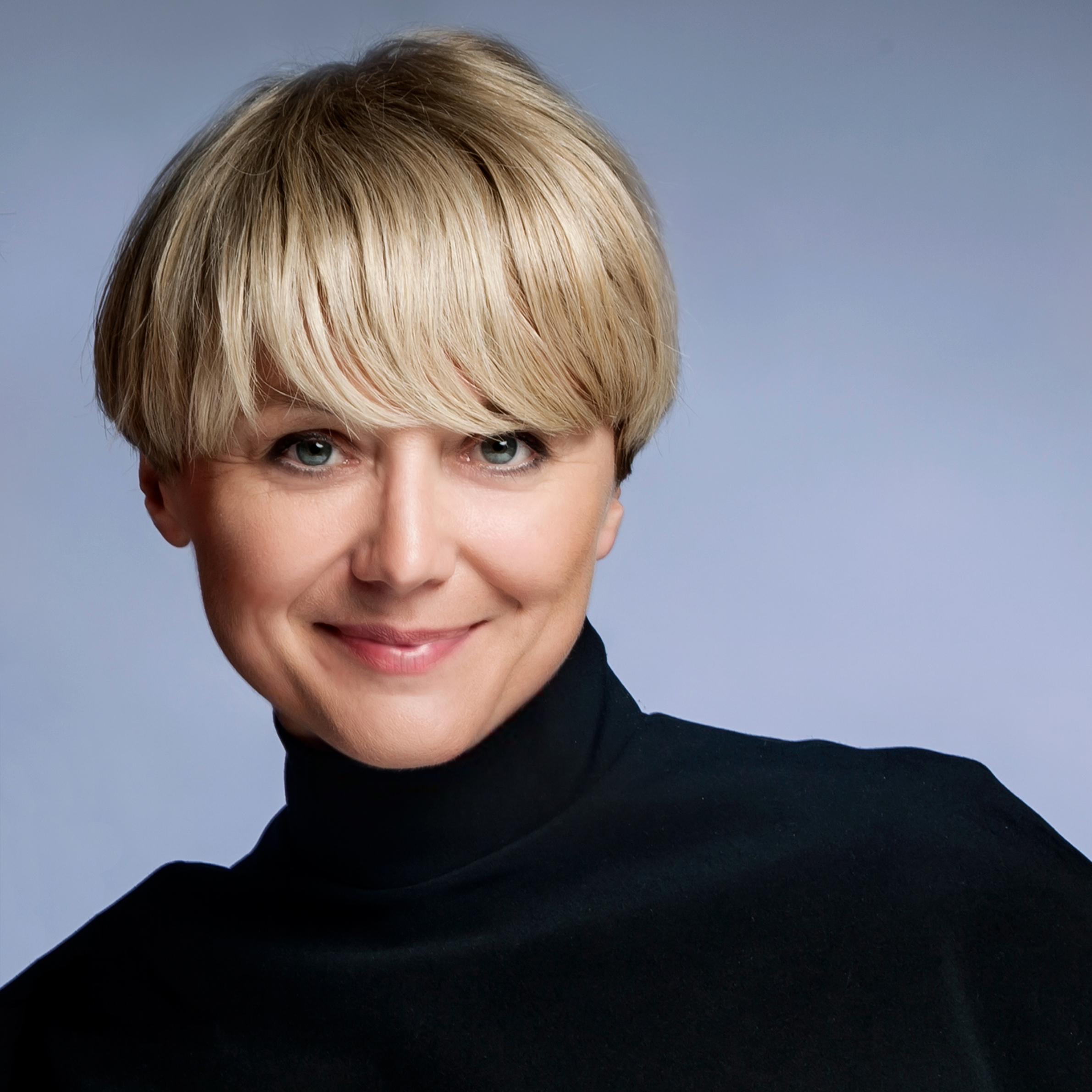 |
|
|
Michela Magas - Chair, Industry Commons Foundation Michela Magas bridges design and technology, academic research and industry. She is Chair of the Industry Commons Foundation, advisor to the European Commission and the G7 leaders, Member of President von der Leyen’s High Level Round Table for the New European Bauhaus, and member of the Advisory Board of CERN IdeaSquare (ISAB-G). Michela is the Founder of Stockholm-based MTF Labs and has over the past 10 years been conducting technology experiments with its global community of 8000 contributors from the arts and sciences. In 2017 she was awarded European Woman Innovator of the Year. |
|
 |
|
|
MATHEW VOLA - Director Arup, The Netherlands Mathew Vola is a Director and leads the structural engineering practice for Arup in the Netherlands. Mathew brings 20 years' experience in the design and engineering of high-rise, residential, leisure and office buildings across Europe, Australia and Asia. Harnessing digital tools to deliver sustainable solutions, Mathew is working to develop the next-generation of buildings. Examples include the advanced parametric design modelling for the Smakkelaarspark development, the residential timber development HAUT, the sustainability design of Echo university building, DPG Media's timber HQ, and MX3D robot printed footbridge. Mathew is a motivational speaker at national and international conferences. In 2021, Mathew was recognised for his achievements by the Dutch Institute of Structural Engineers and awarded Structural Engineer of the Year. |
|
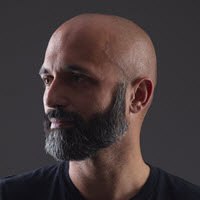 |
|
|
KEAN WALMSLEY - Software Architect & Senior Manager Autodesk Kean Walmsley is a Software Architect & Senior Manager at Autodesk Research where he leads the work on human-centric building design. He has previously worked on projects exploring the integration of IoT data with BIM (Digital Twins) using Autodesk Platform Services, as well as Generative Design in the AEC space. He has worked in various roles – and in various countries – during his career at Autodesk, including building and managing teams of software developers in Europe, the Americas, and Asia/Pacific. Kean engages regularly with Autodesk’s developer and computational design communities, providing technical content and insights into technology evolution. Using technology to help design human-centric buildings For more than a decade Autodesk Research has been exploring the application of technology to help designers and architects imagine spaces that are better suited to their occupants’ needs. In this brief session we will review some recent projects in this area and consider the direction of our future efforts around helping to bring human-centricity to the built environment. |
|
 |
|
|
CRISTIANO CECCATO - Director at Zaha Hadid Architects Cristiano Ceccato is multidisciplinary architect, planner, and computer scientist. Spanning a 25-year career, his work straddles design research, industry outreach and the realisation of complex structures. As a Director of Zaha Hadid Architects (ZHA), he holds the firm’s aviation portfolio, having delivered the Beijing Daxing Airport, and executing further airports in India, Australia, and China. Cristiano graduated from the Architectural Association and Imperial College in London. He is a Fellow of the Royal Society of Arts and a Fellow of the Royal Aeronautical Society. Cristiano previously worked for Frank O. Gehry in Los Angeles, and co-founded BIM start-up Gehry Technologies. |
|
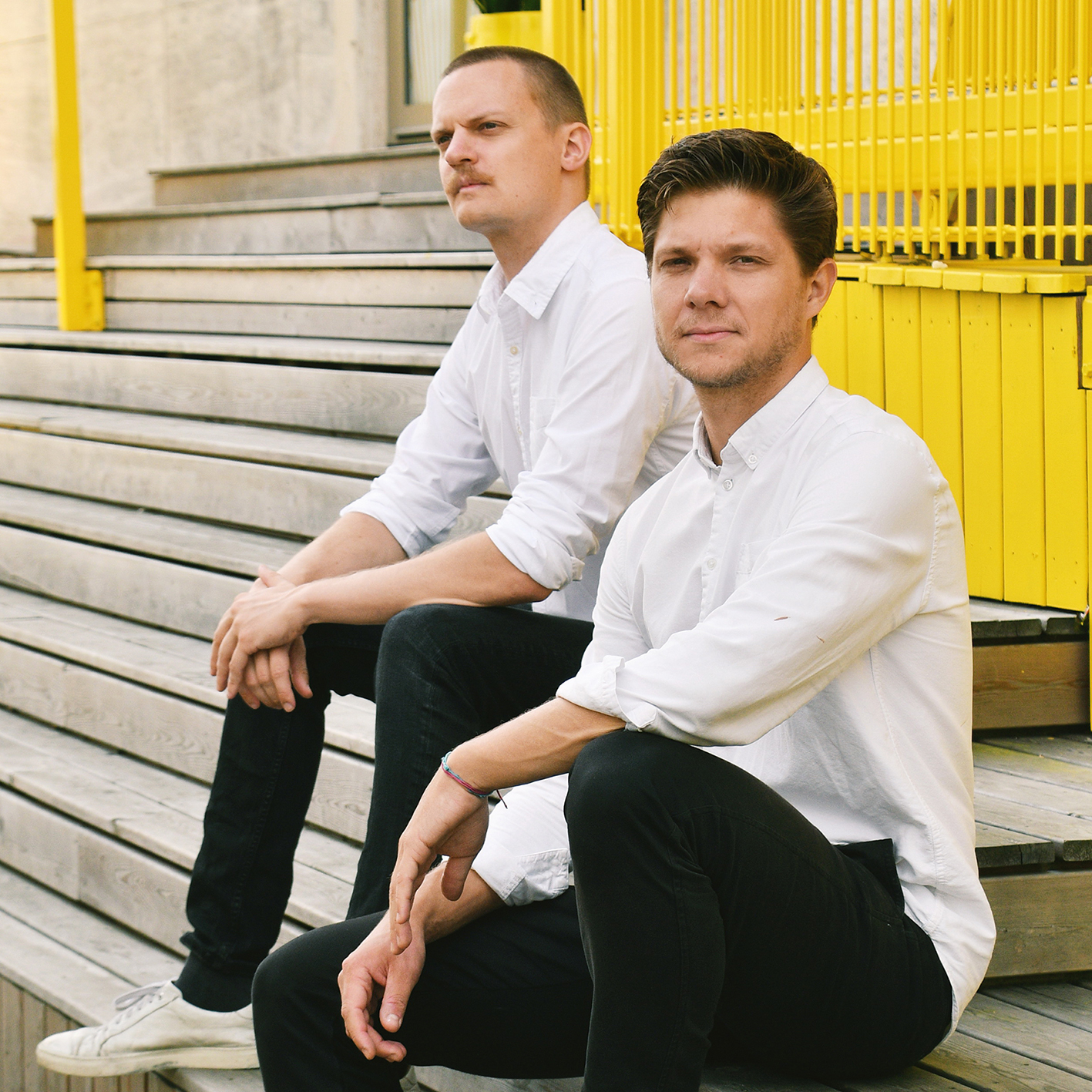 |
|
|
MAXIME CUNIN & THOMAS KRALL - Superworld, The Netherlands Maxime Cunin is a Belgian architect and strategic designer, crafting alternative economic, social and technological infrastructures manifested in the built environment. Engineer by training, and architect by background, he has led a range of architecture, research and system change projects with collaborators such as MIT - Massachusetts Institute of Technology, AMS-Institute, Strelka KB, MVRDV, the Biennale of Architecture of Rotterdam and the Dutch Design Week. Since 2020, he's co-creating new constructs at Superworld, an international practice he co-founded, which operates at within, in-between and beyond the fields of architecture, design and emerging technologies. Thomas Krall is an architect and urban designer from the mountains of Austria. To him, design is a necessary and powerful tool to amplify our collective visions for a better tomorrow by physically manifesting them in the present. Having led high-profile projects with firms like BIG – Bjarke Ingels Group, he co-founded Superworld in 2020, pursuing his passion for sustainable, equitable and inspiring design in projects around the world. |
|
|
Superworld explores how digital tools can expand the toolset of the architect beyond architecture. In two of their recent projects, “RoofScape” and “Negotiating Energy”, different approaches for applying data-driven methods in transitioning towards a more sustainable and inclusive built environment are exemplified. The projects are applied on contrasting territories, urban and building scale, displaying how digital tooling and prototyping can craft new processes for different stakeholders and collective challenges. |
|
| CAAD Futures 2023 Opening, Anniversary and Closing | |
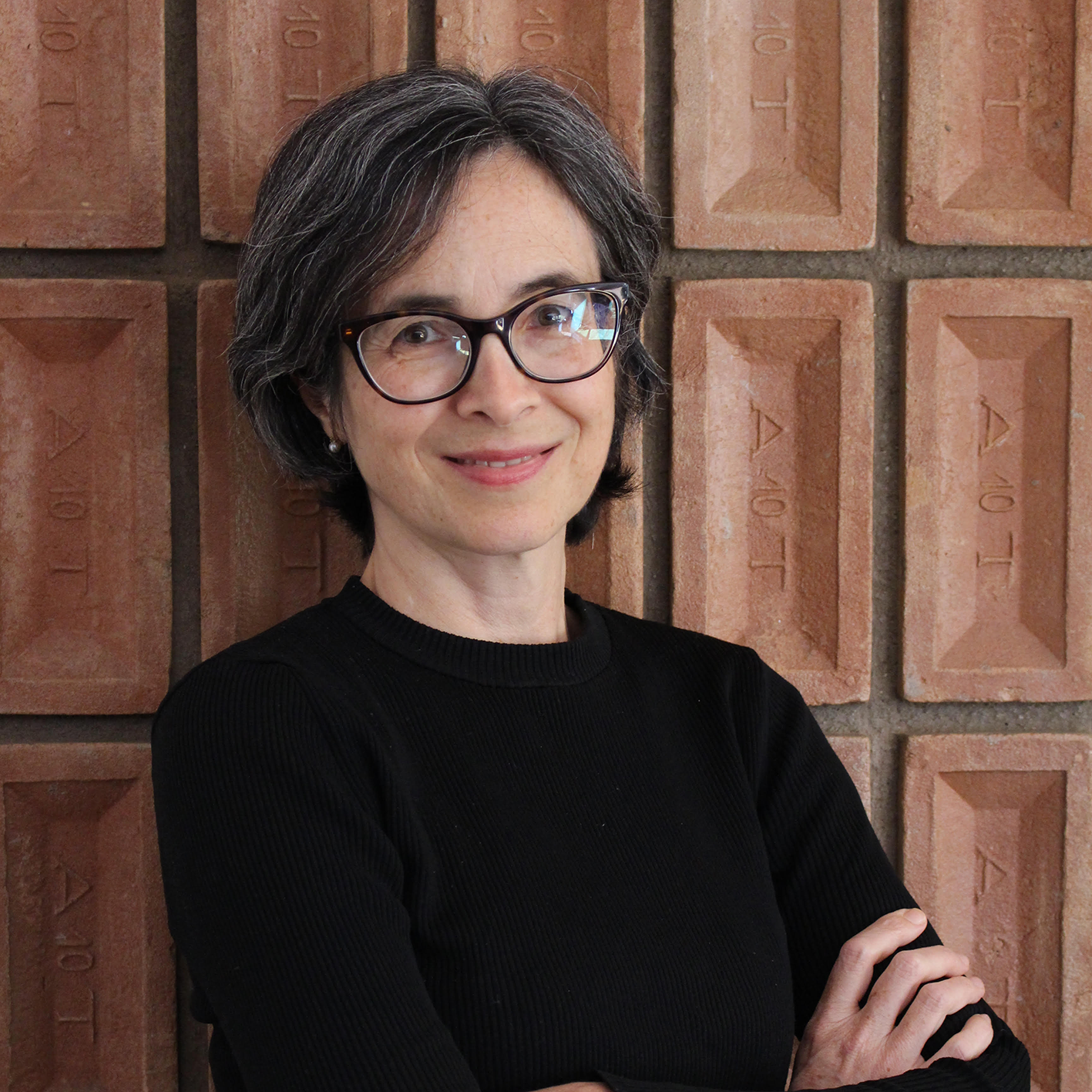 |
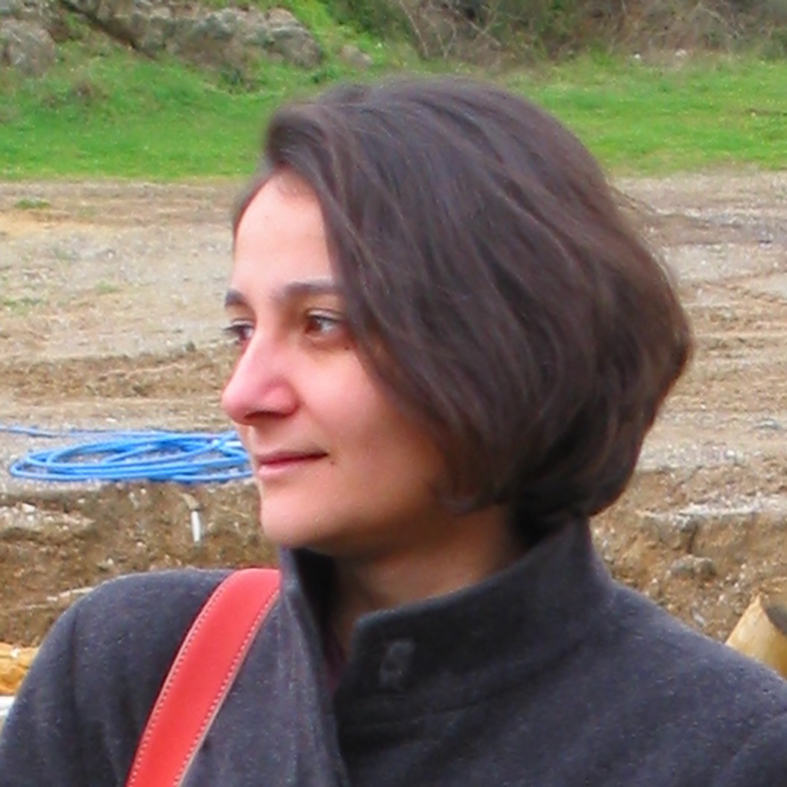 |
|
GABRIELA CELANI - University of Campinas, Brazil Gabriela Celani is a Professor of Architecture and Urban Design at the University of Campinas, Sao Paulo, where she teaches computational design and digital fabrication. She has been contributing to the spatial planning of Campinas' new innovation hub (HIDS), and currently conducts research on knowledge-based urban development with the use of City Information Modeling. She was SIGRADI's Vice-president of institutional relations and is currently Chair of CAAD Futures' Board. |
MINE OZKAR - Istanbul Technical University, Turkey Mine Özkar is a Professor of Architecture at Istanbul Technical University. Her research is in visual, spatial and material aspects of design computation and more recently on their integration to architectural heritage studies. Mine currently serves on the Editorial Boards of Nexus Network Journal and A|Z ITU Journal of the Faculty of Architecture. |
.
CAAD Futures 2023
 Registration website for CAAD Futures 2023
Registration website for CAAD Futures 2023CAAD Futures 2023cf2023@tudelft.nl
CAAD Futures 2023cf2023@tudelft.nlhttps://www.caadfutures2023.nl
2023-07-05
2023-07-07
MixedEventAttendanceMode
EventScheduled
CAAD Futures 2023CAAD Futures 20230.00EUROnlineOnly2019-01-01T00:00:00Z
TU Delft Faculty of ArchitectureTU Delft Faculty of ArchitectureJulianalaan 134 2628 BL Delft Netherlands

